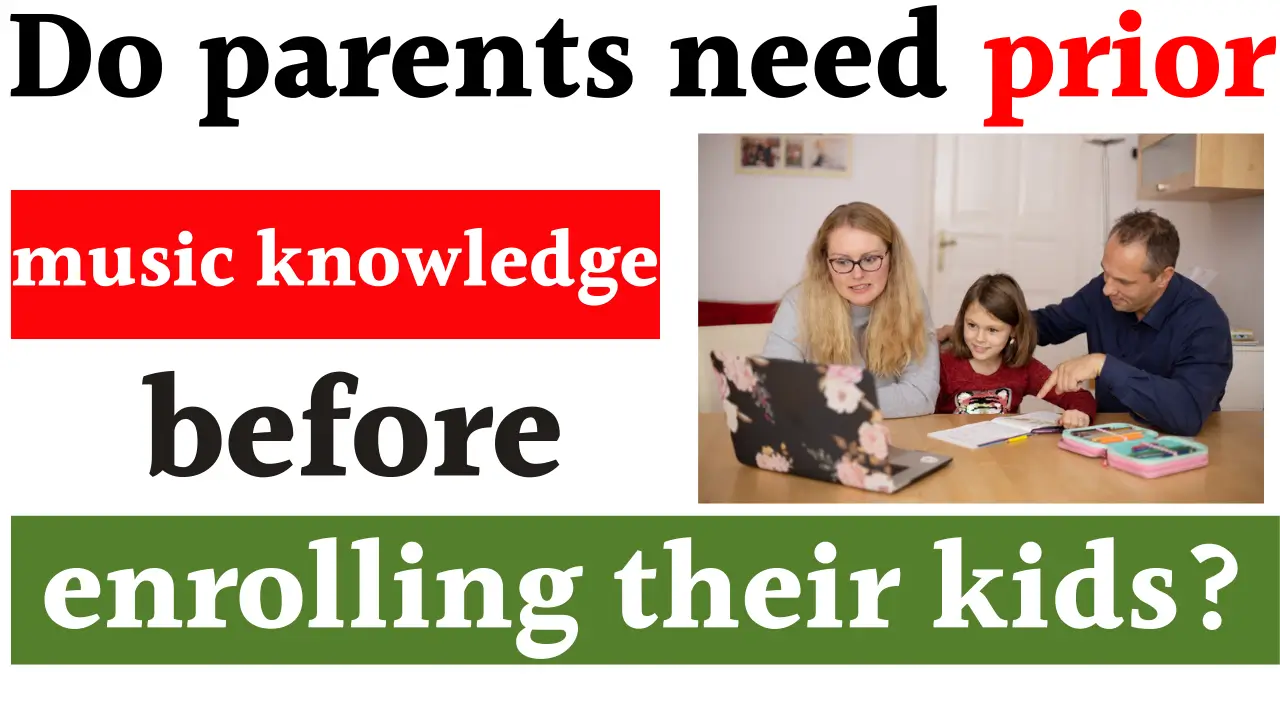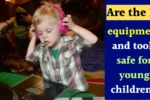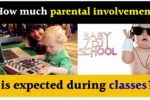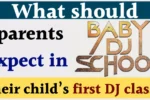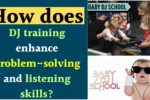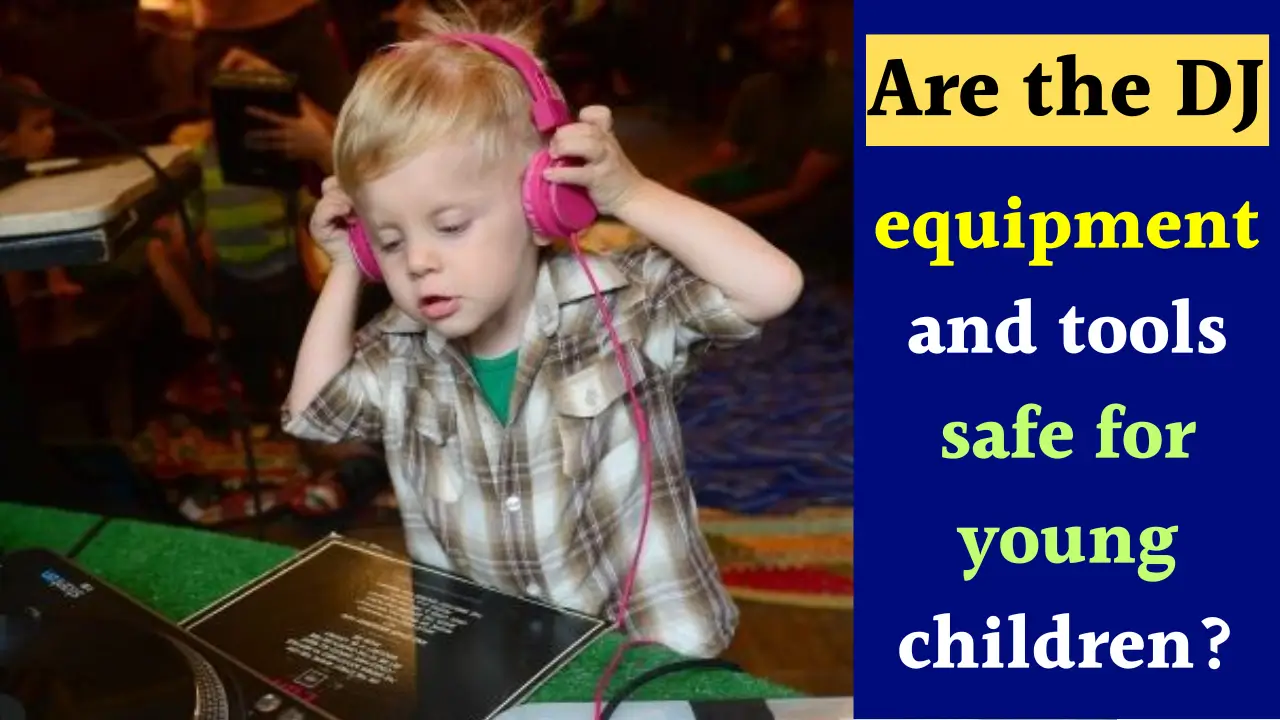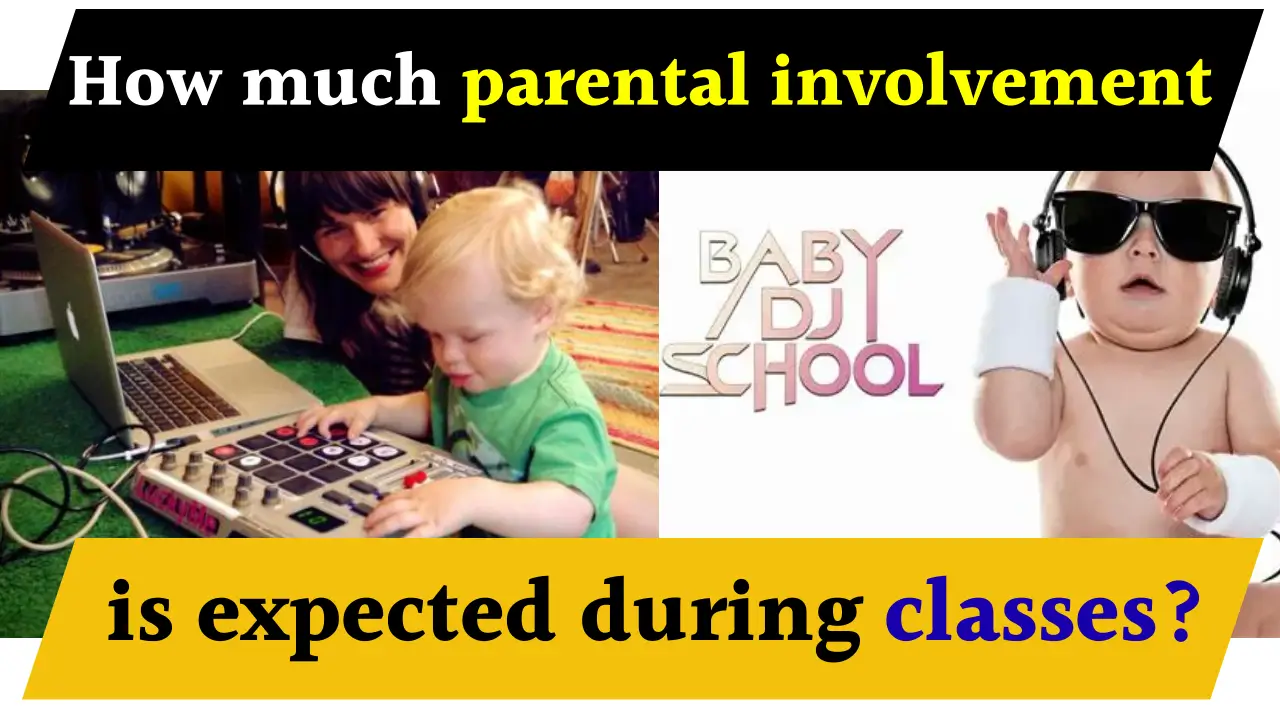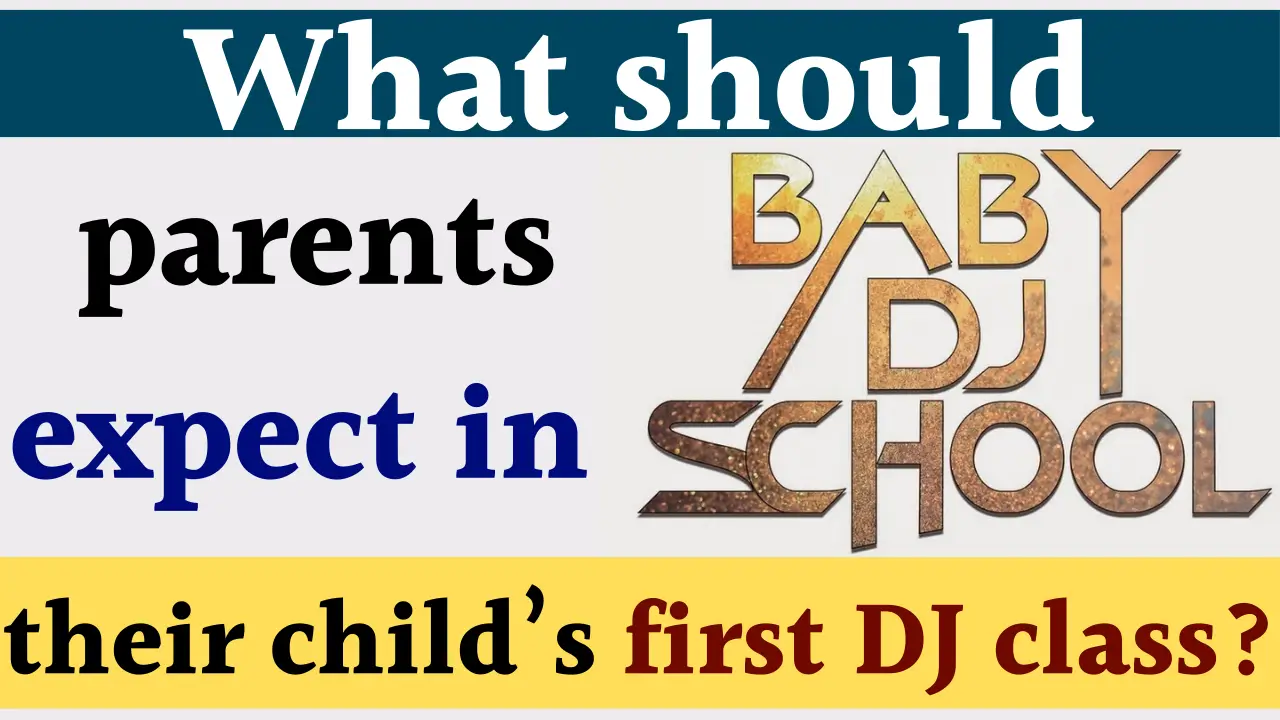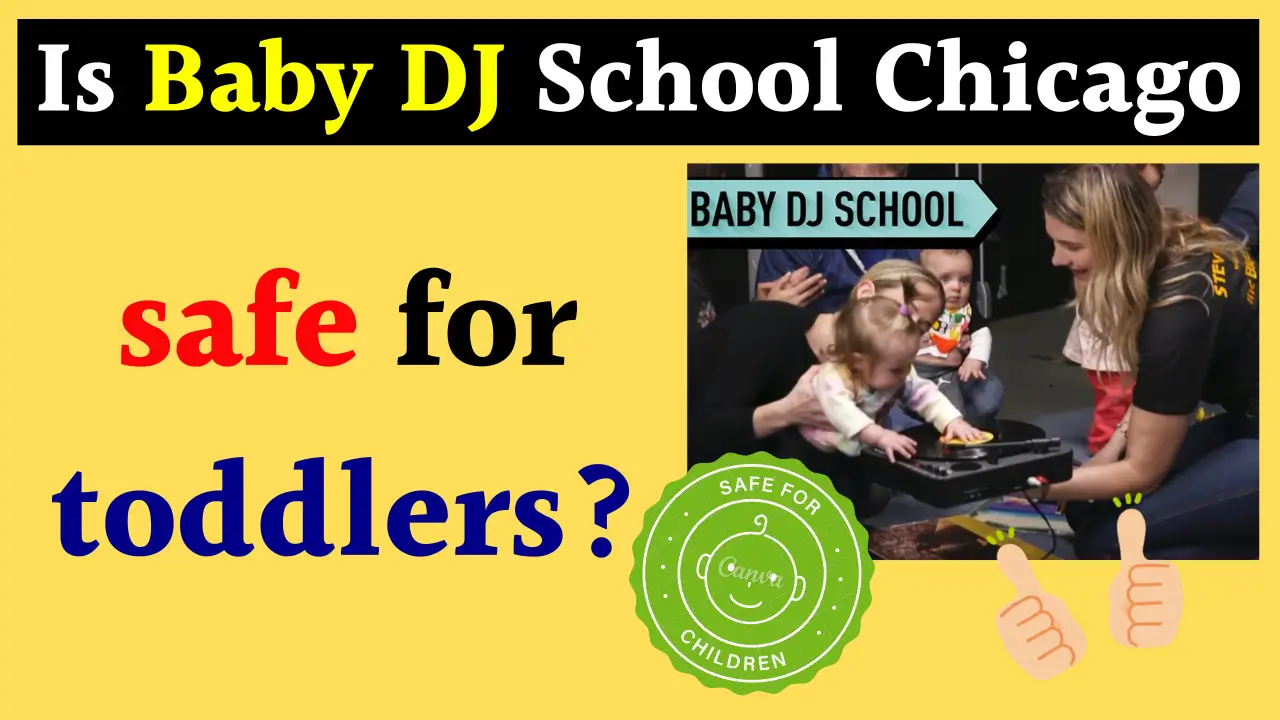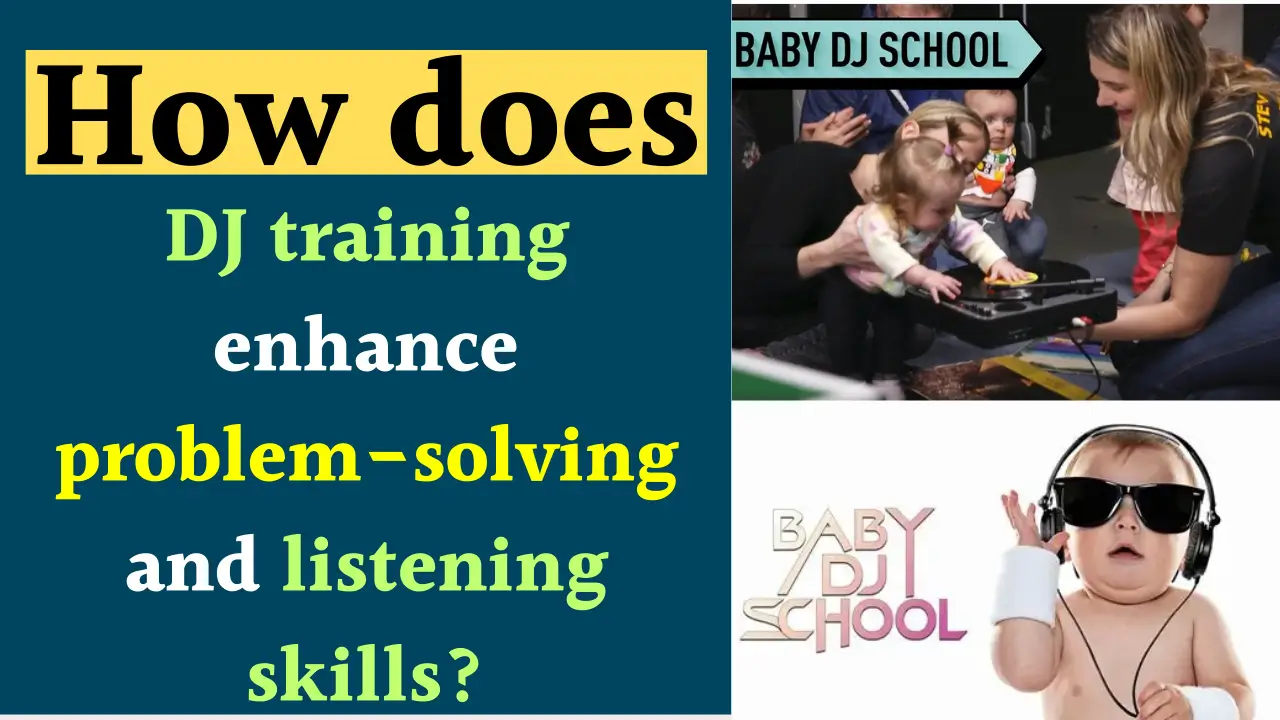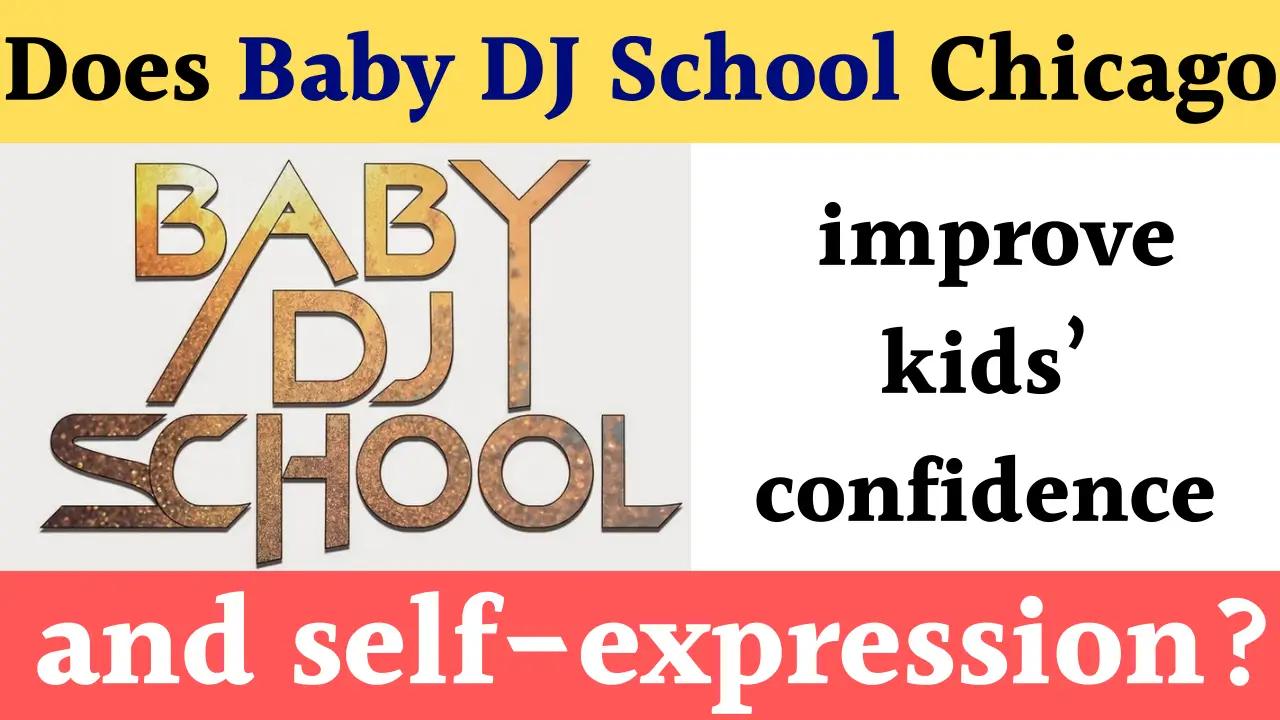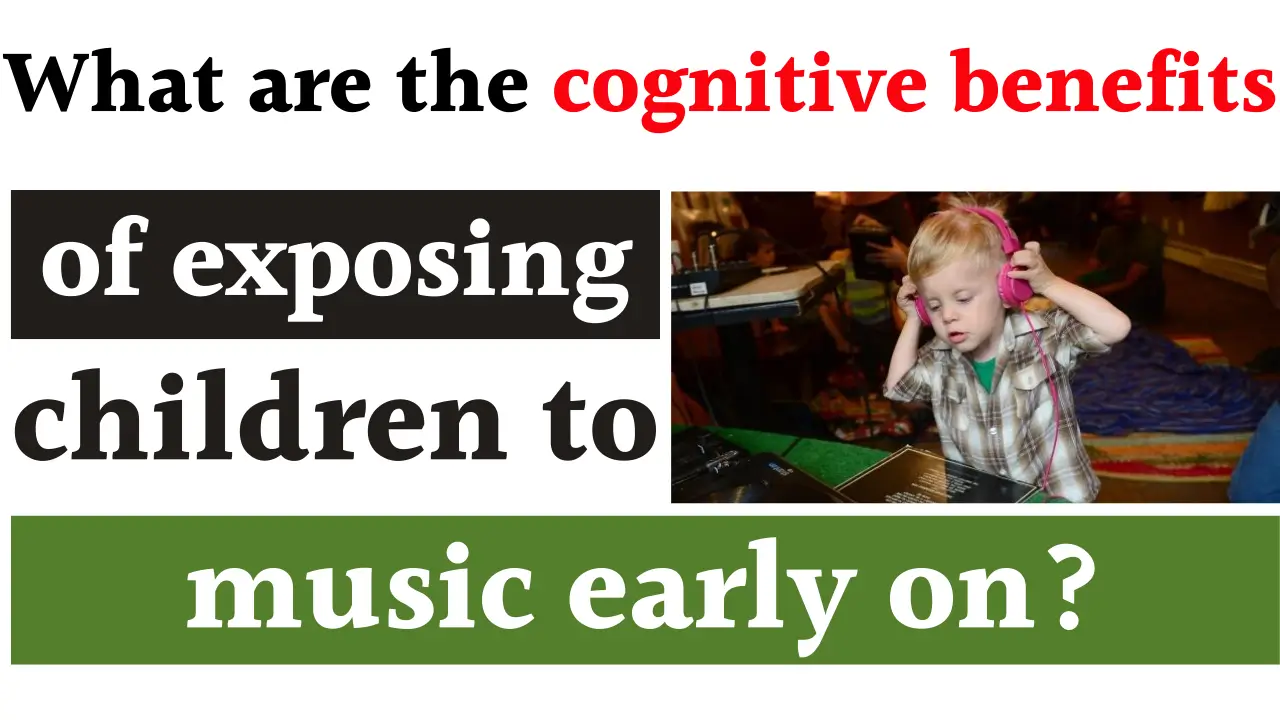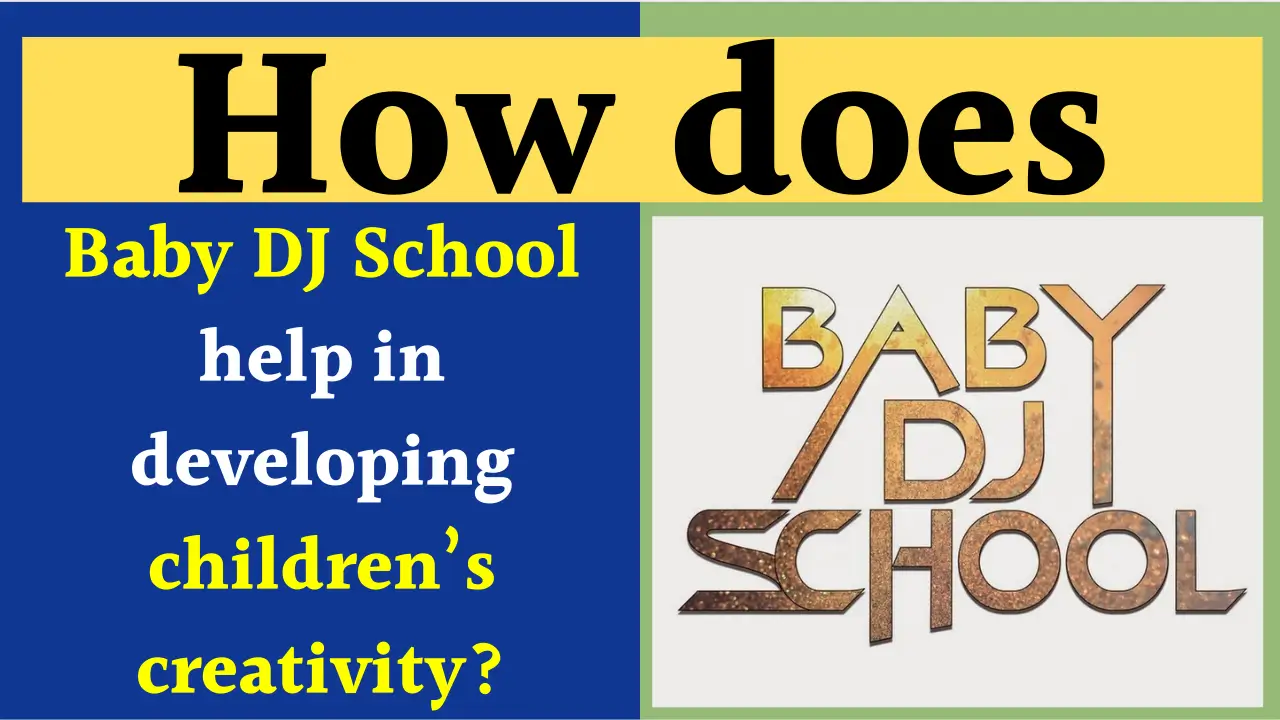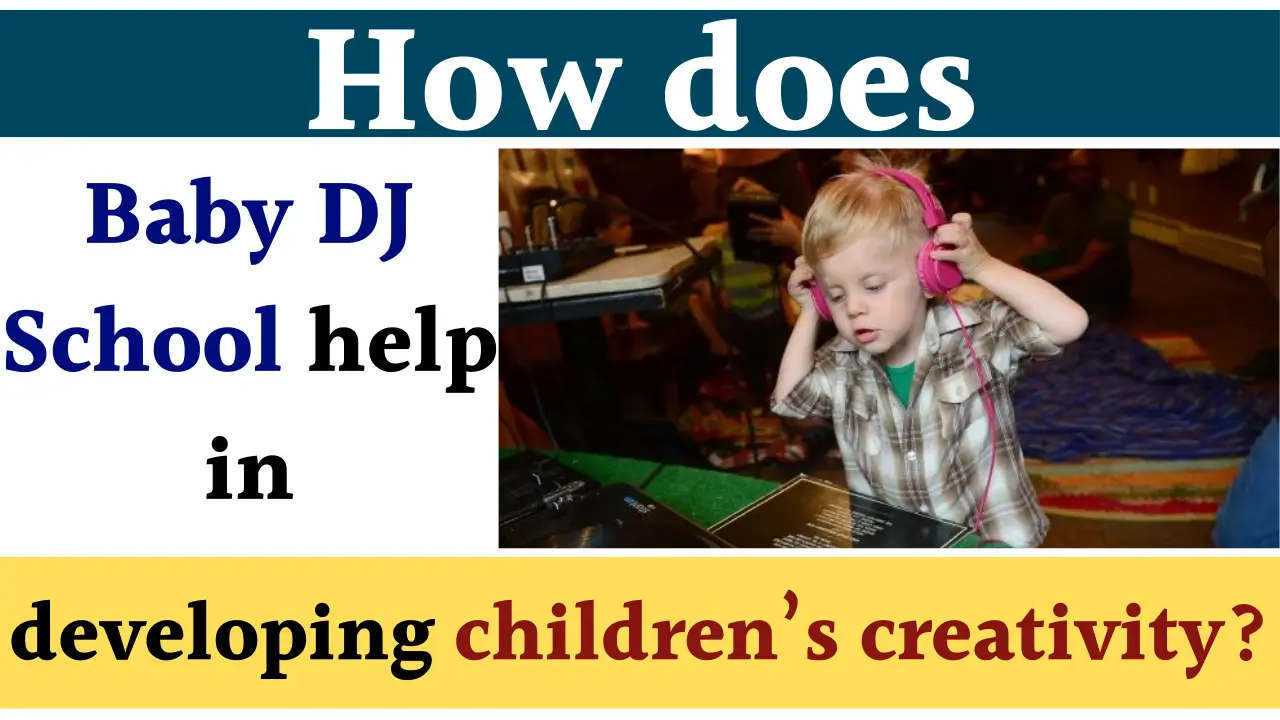Parents do not need prior music knowledge before enrolling their kids in music lessons; what matters most is their active involvement and support throughout the child’s musical journey. Expertise in music can be beneficial, but it is not a prerequisite for children’s success and enjoyment of music education.
Do Parents Need Prior Music Knowledge?
Why Parental Experience Is Not Essential
The vast majority of music schools, private instructors, and online music programs are designed to accommodate children of varying backgrounds, including those whose parents have little to no musical experience. Teachers often guide both the student and the family on what is needed, from recommending instruments to structuring home practice routines; what’s most helpful is a supportive atmosphere.
The True Role of Parents in Music Education
Active parental involvement—regardless of expertise—has been directly linked to better musical outcomes for children. Simple actions like encouraging practice, attending performances, and communicating with teachers benefit children much more than specific musical skills.
Benefits of Parental Support
| Support Type | Impact on Children |
|---|---|
| Encouragement and Praise | Boosts motivation and perseverance |
| Establishing Practice Routines | Fosters discipline and commitment |
| Attending Recitals | Builds confidence and celebrates progress |
| Communicating with Teachers | Helps address challenges quickly |
| Creating a Musical Household | Encourages lifelong appreciation |
Key Contributions Non-Musical Parents Can Make
- Fostering Practice Habits: Setting aside time for daily or weekly music practice offers discipline and structure.
- Emotional Encouragement: Praising effort and celebrating achievements enhances confidence and enjoyment.
- Providing Opportunities: Giving access to instruments, recordings, and concerts exposes a child to new musical experiences.
- Collaborating with Educators: Maintaining clear communication with teachers clarifies goals and progress.
How Parental Involvement Shapes Musical Growth
Parental involvement does not mean teaching technical skills; rather, it means being present as a motivator, cheerleader, and learning partner. Even parents with little or no music background can shape a child’s attitude towards practice, perseverance, and creativity. Studies show that most children practice more willingly and talk about music positively if they feel supported at home.
Modern Trends in Children’s Music Education
Technology-Driven Learning
Recent innovations have made music education more accessible and interactive for both children and parents. Online platforms and adaptive learning algorithms allow for real-time feedback, progress tracking, and tailored lesson plans.
- Virtual Lessons: Children can connect with expert teachers from anywhere—opening up opportunities regardless of parental expertise.
- Apps and Practice Tools: Technology offers parents user-friendly tools to support practice, such as digital tuners or guided exercises.
- Group Collaboration: Online group lessons and virtual ensembles allow children to make music with peers from diverse backgrounds.
Focus on Parental Engagement
The latest educational approaches recognize that parents’ willingness to engage—by attending recitals, helping with lesson scheduling, and expressing interest—is more important than technical proficiency. Instructors often encourage parents to join sessions or learn basic musical concepts alongside their children, turning music lessons into a family affair.
Common Questions Answered
Can Parents with No Musical Background Help?
Absolutely! Simple acts like listening to music together, asking about favorite pieces, and supporting practice are highly beneficial.
Should Parents Take Lessons with Their Kids?
While not necessary, some families enjoy learning together. This can deepen the parent-child bond and make the journey more enjoyable for both.
What Resources Can Non-Musical Parents Use?
- Teacher handouts and practice guides
- Online resource videos and apps
- Community music events and school performances
Latest Updates and Innovations
- Music educators now offer training resources and workshops specifically for parents, aiming to help them support their children effectively, regardless of knowledge level.
- Schools and online platforms are incorporating interactive learning and parental involvement features—customizing lessons and progress reporting to engage family members in the child’s learning process.
Key Takeaways for Parents
- Prior music knowledge is not required for successful music education; parental support, encouragement, and involvement are far more impactful.
- All parents can help their child thrive in music by fostering a positive atmosphere, maintaining open communication with teachers, and embracing new technologies.
- The most important quality is a willingness to make music a joyful and celebrated part of family life.
